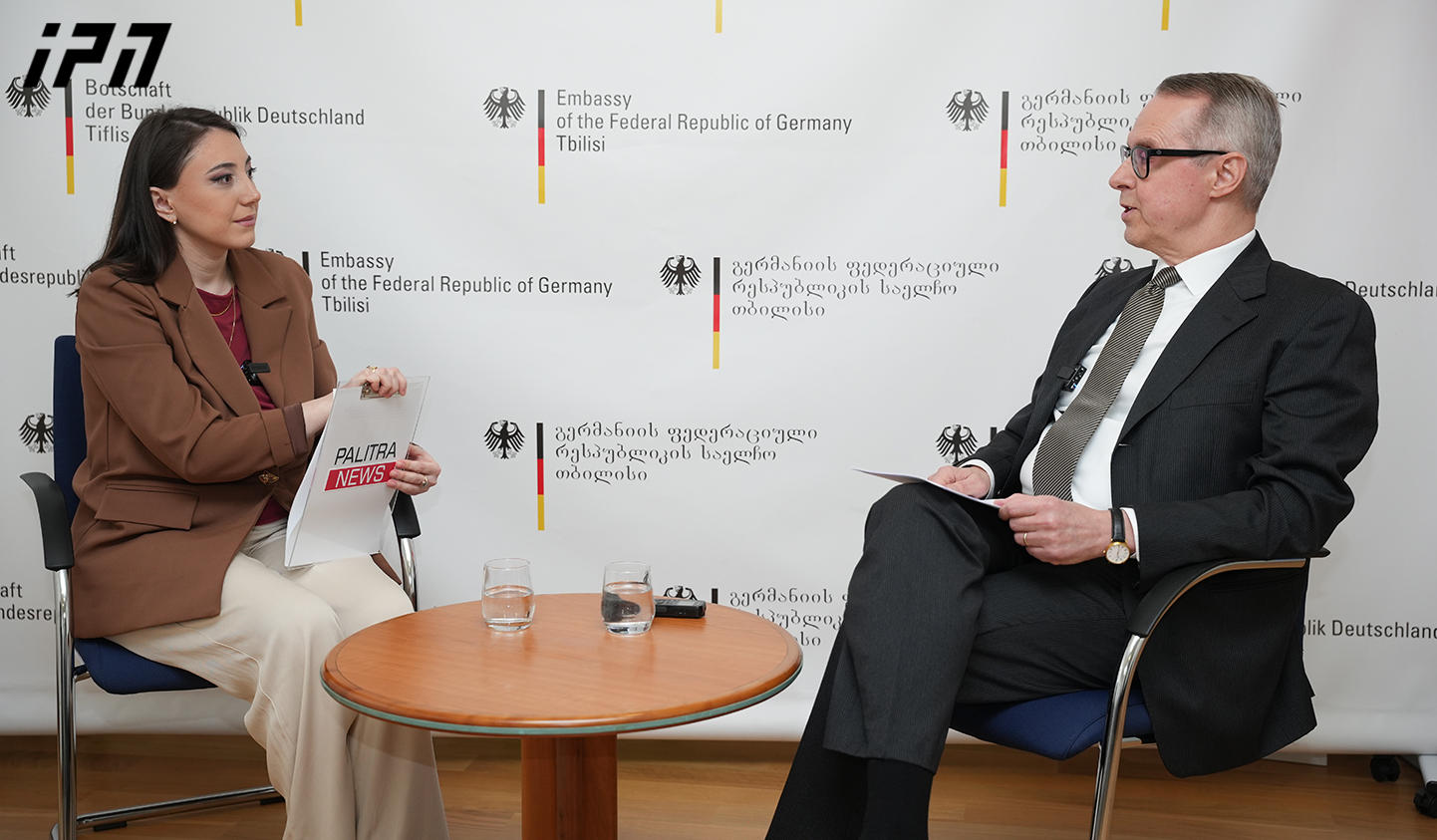According to ISSA, if local elections were held this Saturday, voter preferences would be: Georgian Dream: 35.2%, Coalition for Change: 16.9%, Unity - National Movement: 14.6%, Strong Georgia - Lelo, For the People, Citizens: 13.4%, Gakharia for Georgia: 12.4%

According to a survey by the Institute of Social Studies and Analysis (ISSA), if local elections were held this Saturday, voter preferences would be distributed as follows:
Nationwide (with allocation):
Georgian Dream: 35.2%
Coalition for Change: 16.9%
Unity - National Movement: 14.6%
Strong Georgia - Lelo, For the People, Citizens: 13.4%
Gakharia for Georgia: 12.4%
Girchi: 2.3%
Other parties: 5.1%
Nationwide (without allocation):
Georgian Dream: 26.5%
Coalition for Change: 10.8%
Unity - National Movement: 8.6%
Strong Georgia: 7.4%
Gakharia for Georgia: 6.4%
Girchi: 1.1%
Would not vote: 7.4%
Would leave blank: 1.7%
Other parties: 3.8%
Don’t know: 16.9%
Prefer not to answer: 9.3%
By region (without allocation):
Georgian Dream: Tbilisi - 16.7%, Regions - 30.6%
Coalition for Change: Tbilisi - 13.7%, Regions - 9.7%
Unity - National Movement: Tbilisi - 6.9%, Regions - 9.4%
Strong Georgia: Tbilisi - 7.3%, Regions - 7.5%
Gakharia for Georgia: Tbilisi - 10.3%, Regions - 4.8%
Girchi: Tbilisi - 2.7%, Regions - 0.4%
Other parties: Tbilisi - 4.7%, Regions - 3.5%
Don’t know: Tbilisi - 18.7%, Regions - 16.1%
Prefer not to answer: Tbilisi - 6.2%, Regions - 10.6%
By region (with allocation):
Georgian Dream: Tbilisi - 24.6%, Regions - 39.7%
Coalition for Change: Tbilisi - 20.6%, Regions - 15.4%
Unity - National Movement: Tbilisi - 13.9%, Regions - 15.0%
Strong Georgia: Tbilisi - 14.2%, Regions - 13.1%
Gakharia for Georgia: Tbilisi - 17.2%, Regions - 10.4%
Girchi: Tbilisi - 3.7%, Regions - 1.7%
Other parties: Tbilisi - 5.8%, Regions - 4.9%
The survey notes that opposition parties surpassing the 5% threshold are, in order: Coalition for Change, Unity - National Movement, Strong Georgia, and Gakharia for Georgia. In Tbilisi, Gakharia for Georgia ranks second after Coalition for Change, while in the regions, Coalition for Change and Unity - National Movement have nearly identical ratings, with Gakharia for Georgia’s support slightly weaker. Georgian Dream’s support is significantly higher in the regions (31%) than in Tbilisi (17%).
The survey was conducted by ISSA in collaboration with Rosner Research LLC from May 5-20, 2025, with 2,000 adult respondents in Georgia using face-to-face interviews. The margin of error is ±2.2% with 95% confidence. Data was weighted based on demographic variables (sex, age, education, region, urban/rural) and the 2024 parliamentary election results.
